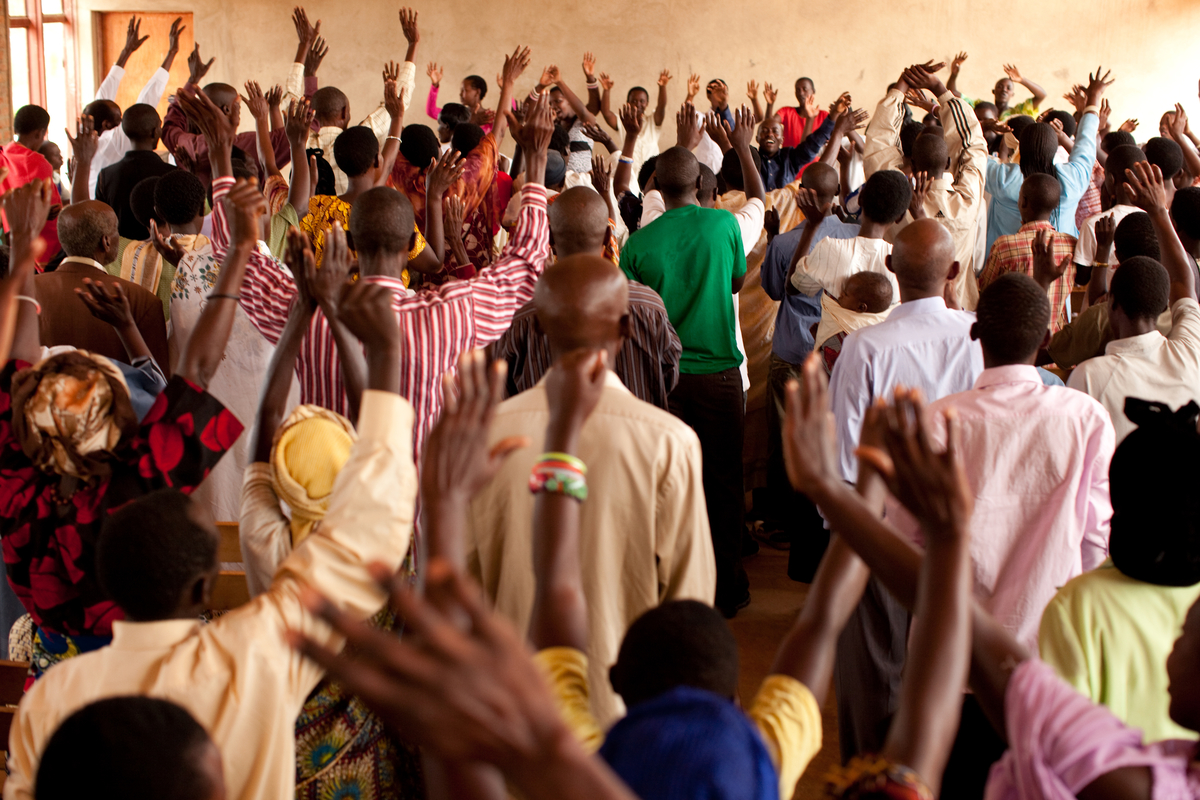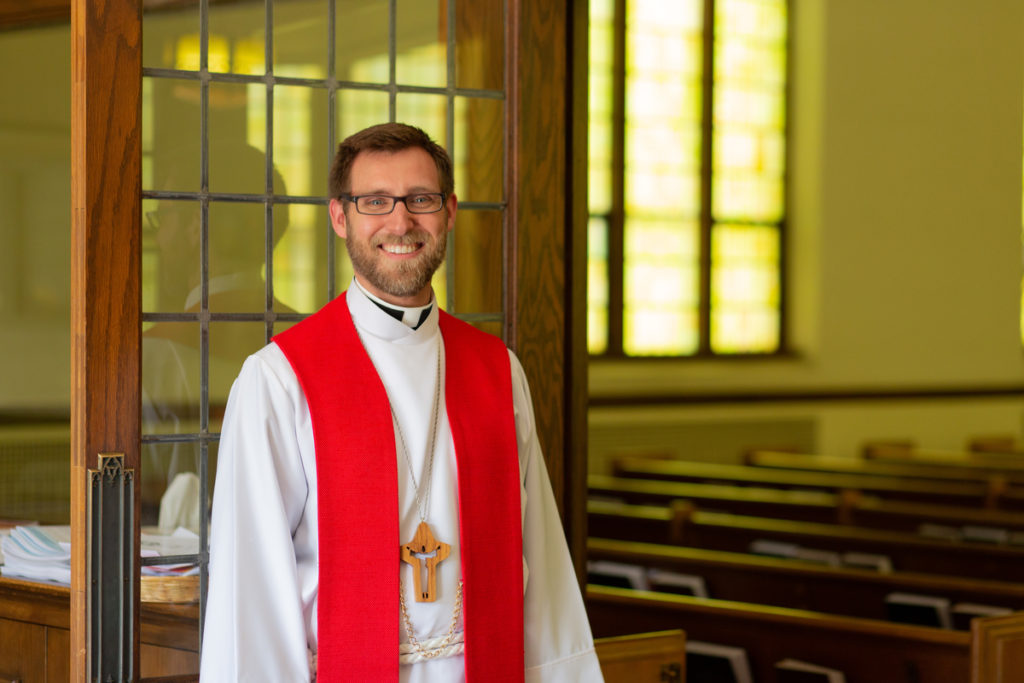“Keeping an International Perspective While Living in
an Increasingly Secular Culture”
The signs were there, even before this pandemic. North American culture seems to be moving toward an increasingly secular worldview at breakneck speed. One particular moment when this sank in for me was the finding, by a large-scale Pew Research Institute survey, that the offspring of Boomers in the U.S. were only half as likely to attend church as when their Boomer parents were young. That is a dramatic change in just one generation. And this was before Covid started negatively impacting church attendance across the country.
Consider an illustration — from contemporary media — about how Americans are now living in a truly secular age. It comes from the HBO drama series “Silicon Valley.” One tech company employee explains to a co-worker why their company’s chief executive just “outed” another employee as a believer. “You can be openly polyamorous, and people here will call you brave. You can put microdoses of LSD in your cereal, and people will call you a pioneer. But the one thing you cannot be is a Christian.”
Admittedly there are days when I despair that the Body of Christ is at risk of becoming completely inconsequential, a relic of the past. But that was before I read an article in the most recent issue of the Fuller Seminary quarterly magazine. The title was The Strange New Habitat of the Global Church, and was written by Professor Veli-Matti Karkkainen, a Finnish (and Lutheran) member of the Fuller faculty. He shares, in this article, the latest information on the global Body of Christ.
As you probably already know, the epicenter of the universal church is definitely moving south. Well, the pace of that movement is only accelerating. Some details from this article:
a) The current number of Christians worldwide is 2.4 billion. (That’s with a “b.”)
b) The great majority of Christians now live in Africa, Asia and Latin America.
c) By 2050, only about one-fifth of Christians will be non-Hispanic whites. Karkkainen quotes a book from Oxford University Press, The Coming of Global Christianity: The Next Christendom. “Even now a typical contemporary Christian is a woman living in a village in Nigeria or in a Brazilian favela or a young, often poor, person anywhere in the megacities of the Global South.”
d) An interesting quote from Karkkainen himself: “With the shift of the majority of Christians to the Global South, with societies and cultures more traditional than those in Europe and North America, conservative and traditional mindsets will be strengthened globally even when theological liberalism and pluralism reign in Western academia.” (You might want to read that quote again.)
e) Of the over 200 million migrants in the world, about one-half are Christians, with the majority of them in the U.S. and Europe.
f) Among American ethnic group ministries it is Hispanic churches that are experiencing the greatest growth.
g) Black churches in the U.S. continue to grow.
h) From a global perspective, Karkkainen writes, “Secularism has not won the day. Over against the overwhelming majority of the world’s population self-identifying as adherents to a particular religion, only about 15% label themselves as religiously unaffiliated.” Fifteen percent. That is approximately one billion; compared with 2.4 billion Christ followers.
The practical implication of the above information is that foreign mission support by you and your congregation is as vital as ever. (Many of our Boomer Lutherans currently have significant disposable income and assets; most likely over and above what your congregations needs from them to “make ends meet.”) Also, here in the U.S. there might be incredible opportunities for your congregation to reach out, in particular, to the Hispanic population; either directly or by financially supporting effective Hispanic ministries.
So the Body of Christ is, even in this secular age, alive and well. So take heart! Millions of people around the world are still responding to the Gospel.

























